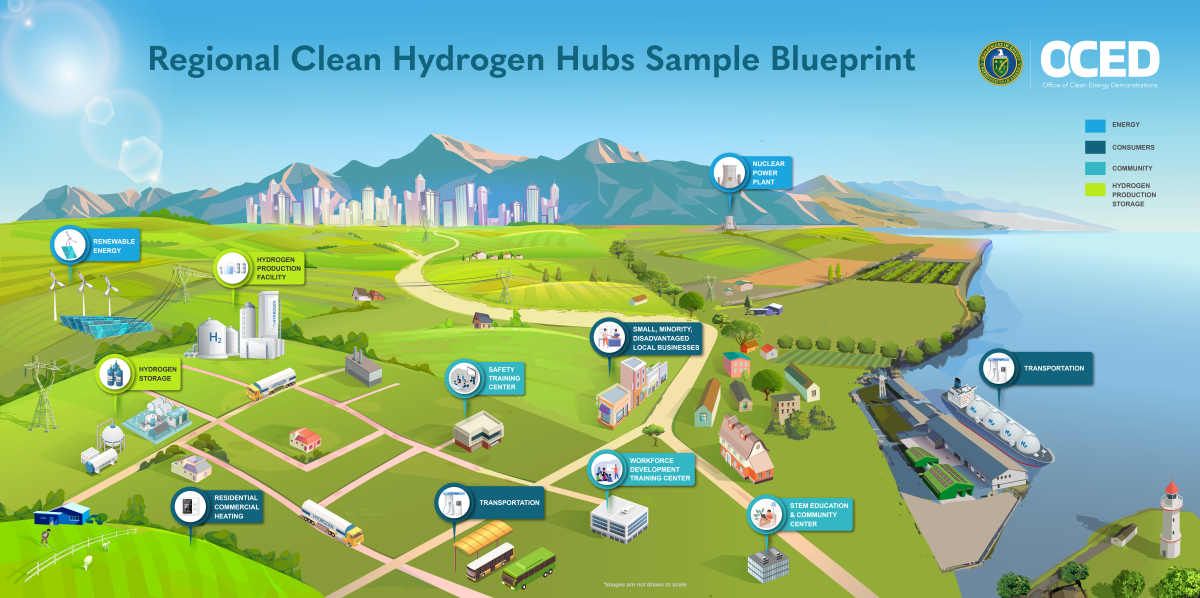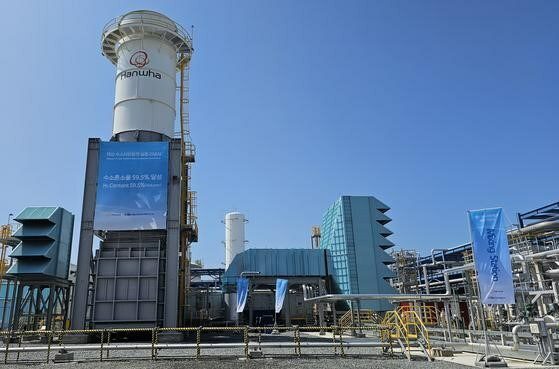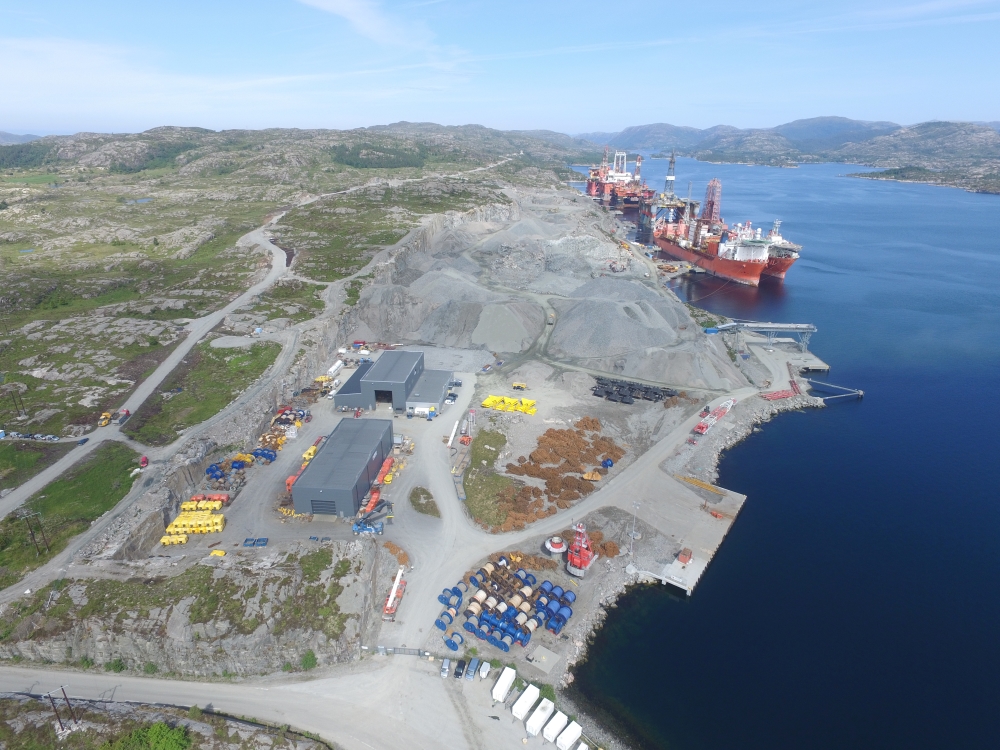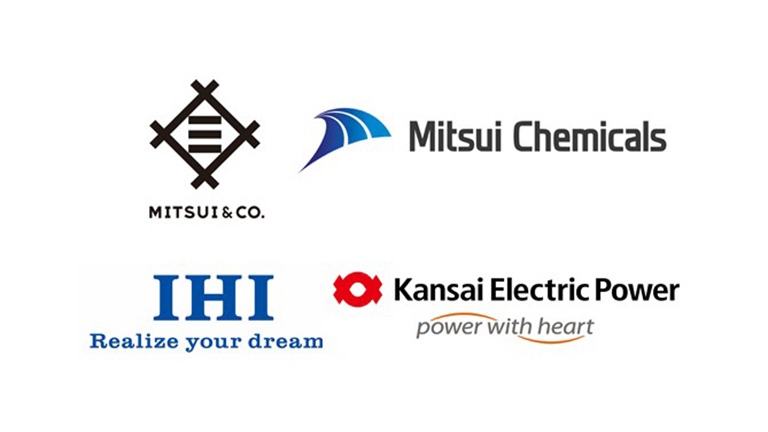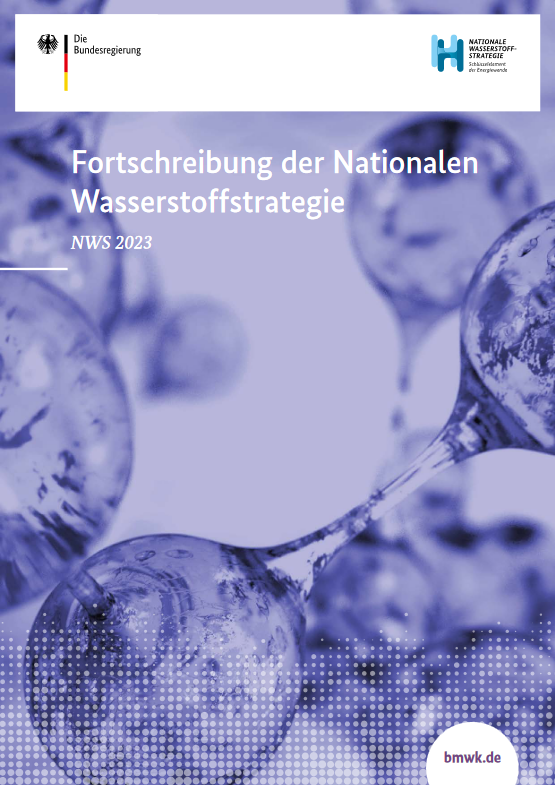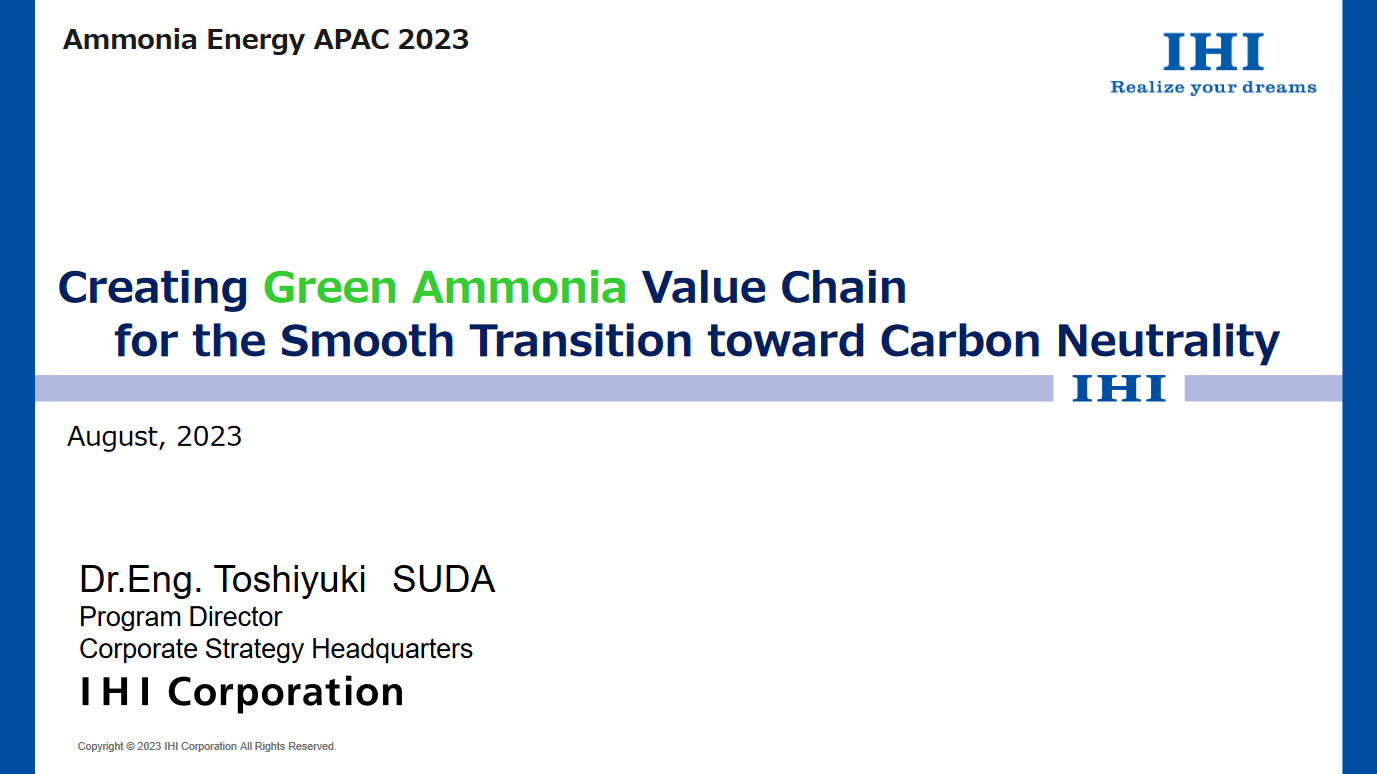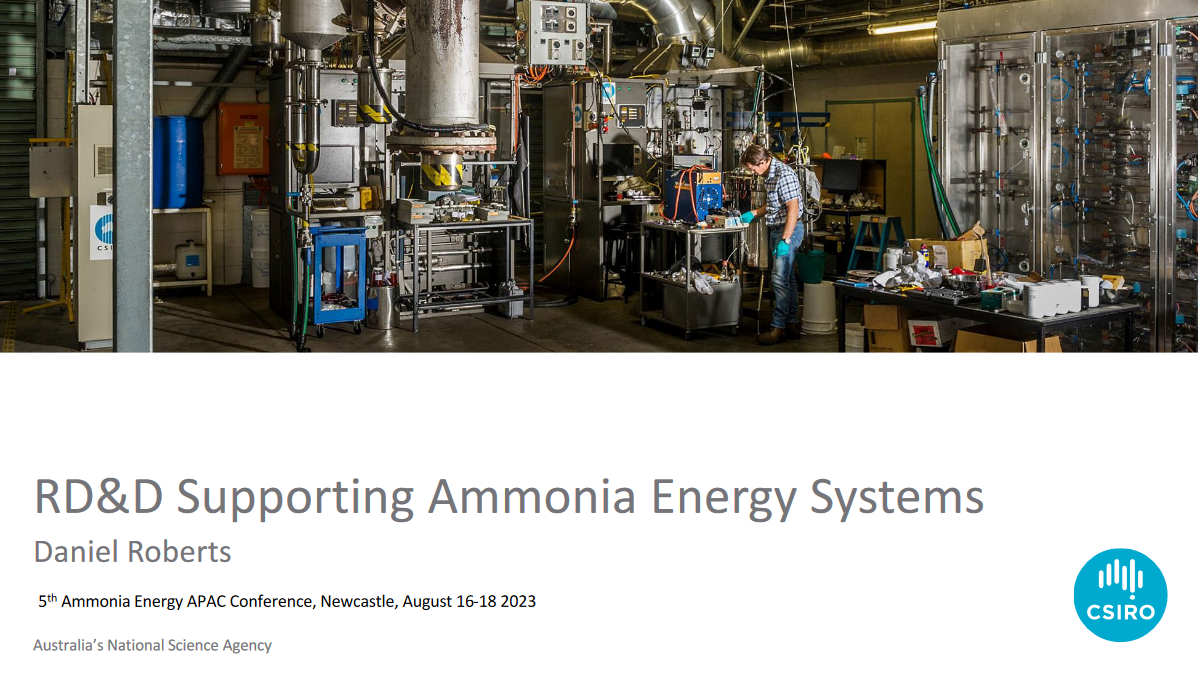US hydrogen hubs revealed: coast-to-coast projects to anchor new industry
The US Department of Energy has selected seven hydrogen hub applications to proceed to a funding negotiation stage, with $7 billion to be split between them. Fertiliser, power generation, industrial decarbonisation and heavy vehicle transport are all target markets for the new hubs, with locations to range from the Gulf Coast, Appalachia, the Midwest to the Californian coast.
